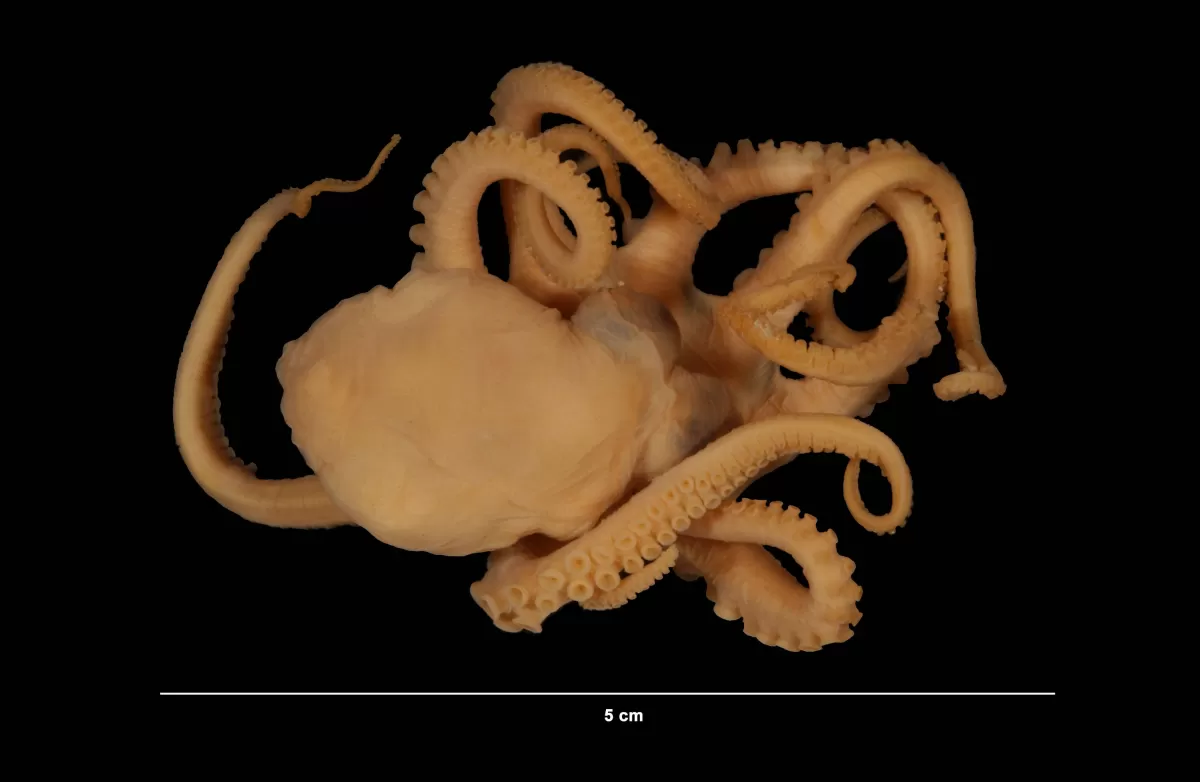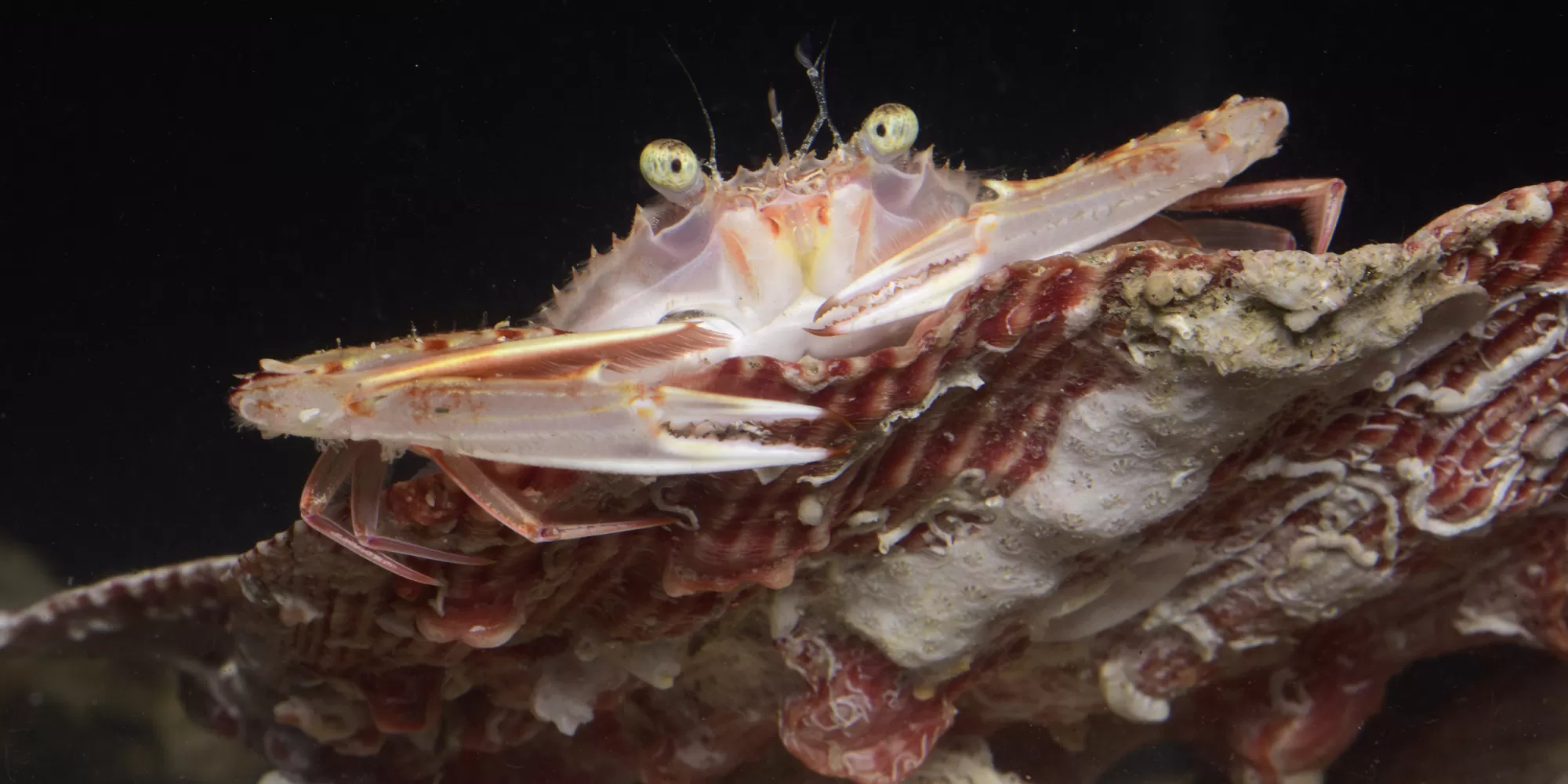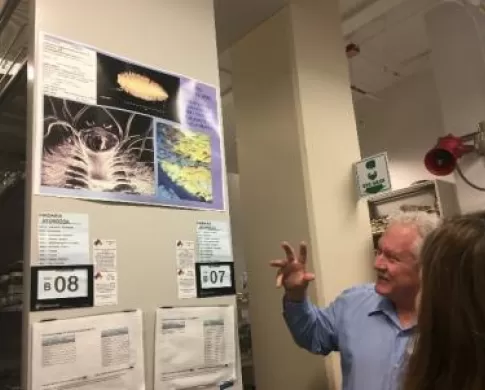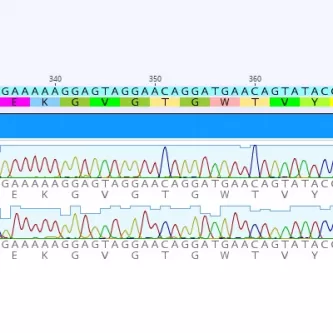
Search

Department of Invertebrate Zoology
Bureau of Ocean Energy Management

The Department of the Interior (DOI), Bureau of Ocean Energy Management (BOEM, formerly the Minerals Management Service, MMS) has contracted with the National Museum of Natural History’s (NMNH), Department of Invertebrate Zoology (IZ) since 1979, to provide professional collection management services for the long-term curation of its collection of marine invertebrate specimens taken during the environmental baseline surveys of various oil and gas lease sites on the US East, West, and Gulf Coasts. These studies, sampled existing biological communities along the continental shelf to document their composition and to help predict the potential impacts of future oil/gas explorations. BOEM and NMNH both appreciated the potential research value of these collections and collaborated on the creation of a project that would help ensure these invaluable collections would be cared for and made accessible for future research.
The BOEM collection contains over 280,000 specimen lots collected from all four U.S. continental shelf regions. Over 350 species from the BOEM collection of material have been officially named and introduced to science. Many Smithsonian researchers have also began DNA sequencing to generate DNA barcodes from BOEM's historical collections as part of the Global Genome Initiative (GGI).
The primary goal of the bureau's Environmental Studies Program (ESP) is to perform rigorous scientific research that will provide vital information when constructing policy decisions on energy resources on the Outer Continental Shelf. As part of this research, scientists travel to coastal and marine regions, sample the existing biodiversity, and study the impacts of oil and gas exploration along the continental shelf. After their initial examination by researchers, the specimens are then sent to the Smithsonian Institution for archiving and further study.

